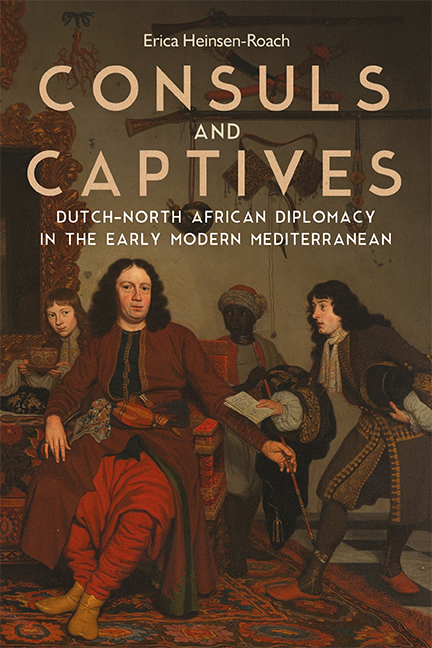5 - Collective Redemption: Naval Violence and Hostage Taking
Published online by Cambridge University Press: 21 March 2020
Summary
Beginning in 1651, diplomatic developments in North Africa challenged the States General's practice of refraining from financing redemption. In a treaty with Salé, the States General agreed to change state policy and consented for the first time, and in an international treaty, to ransom captives collectively. The concession was remarkable, because the States General had thus far refused to do just that: use state funds for ransom. It only allowed its agents to seek gratis release and to redeem slaves with money from third parties. It left ransoming and the collection of funds in local hands. But the pact with Salé heralded a turning point that set a precedent for future accords with North African states. In treaties with Salé (1657/1668) and Algiers (1662, 1679/1680), the States General also consented to ransom all Dutch slaves immediately—that is, within specified time constraints. The 1651 treaty with Salé thus illustrates how the States General slowly adjusted to the situation in the western Mediterranean: in the 1620s, by allowing its state representatives to ransom captives on behalf of third parties; and, in 1651, by consenting to ransom captives collectively. Hence, in the second half of the seventeenth century, the release of captives for ransom became a responsibility of the state.
Redemption as a state affair had severe consequences for different aspects of maintaining diplomacy, most importantly the legal and political position of the consul in the context of liberating captives (discussed here and in chapter 6) and the manner in which the Dutch collected ransom to uphold their part of the agreements (as I will examine in chapter 7). This chapter explains the origins of the treaties and a chain of violent encounters that followed as the result of the monopolization of state violence.
The origins and stipulations of the 1651 Dutch-Salese treaty were a direct consequence of seventeenth-century state building. In 1648, the Dutch Republic profited from the end of the Thirty Years’ War. The treaties of Münster and Osnabrück, collectively known as the Peace of Westphalia, recognized the Dutch Republic de jure as a sovereign state and effectively ended the eighty years of war between Spain and the Republic.
- Type
- Chapter
- Information
- Consuls and CaptivesDutch-North African Diplomacy in the Early Modern Mediterranean, pp. 99 - 117Publisher: Boydell & BrewerPrint publication year: 2019



